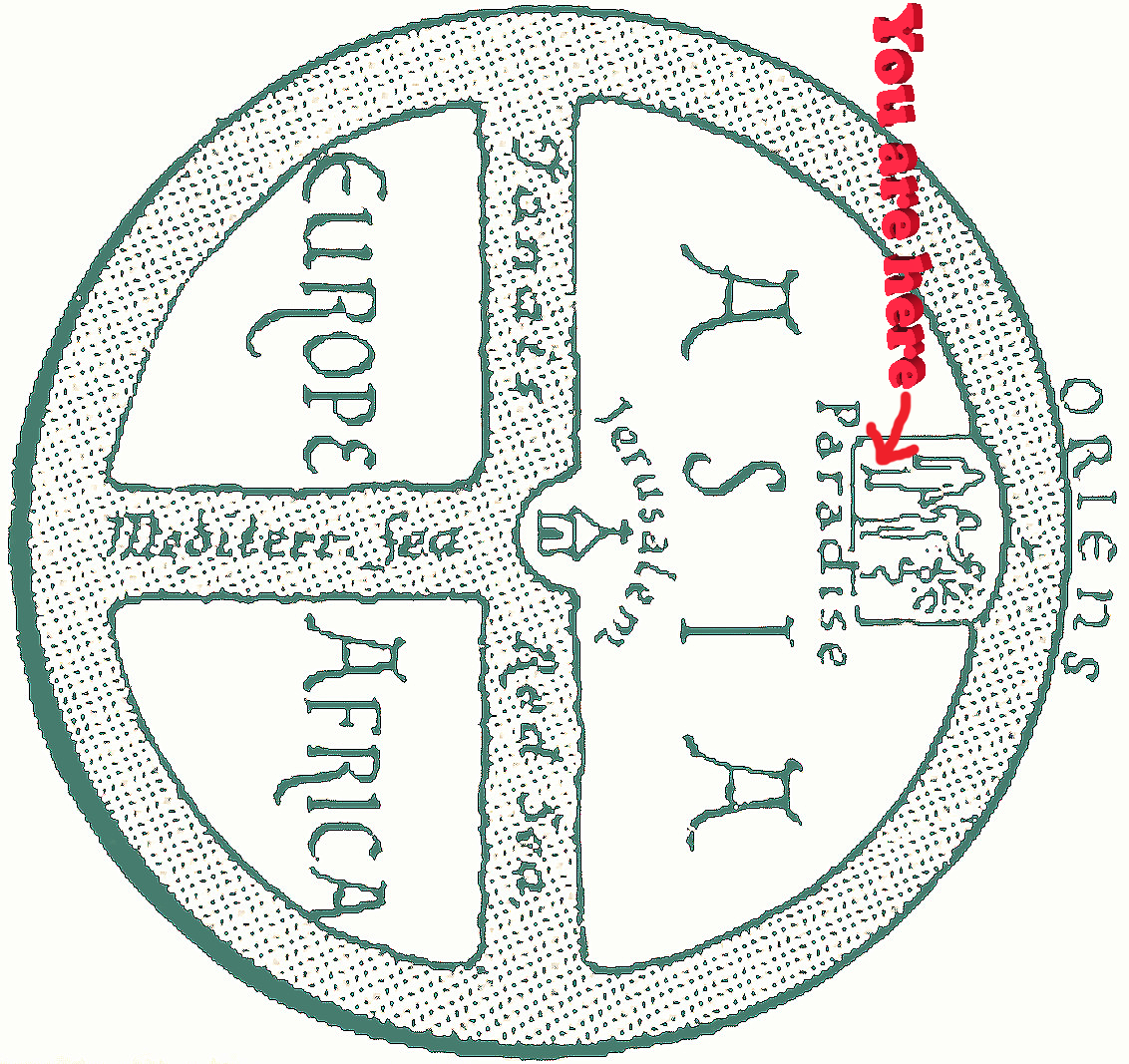There's a video of the full talk available.

Welcome to Paradise!
Paul Graham once wrote,
Almost everyone hates their dissertation by the time they’re done with it. The process inherently tends to produce an unpleasant result, like a cake made out of whole wheat flour and baked for twelve hours. Few dissertations are read with pleasure, especially by their authors.
And aside from that, grad school is close to paradise. Many people remember it as the happiest time of their lives. And nearly all the rest, including me, remember it as a period that would have been, if they hadn’t had to write a dissertation.
If you’re a professor reading this now, you’ve most likely finished your dissertation already and know enough algebra to reach the obvious conclusion:

Despite the apparent correctness of my algebra, I encounter many young professors who are stressed and unhappy, and many older ones who are miserable and bitter.
How can this be?
Professor’s Paradisical Paradox
The traditional view of paradise is sitting on a quiet Carribbean beach while scantily clad attractive young people of your preferred gender bring a steady stream of fancy drinks with umbrellas in them, with nothing to do but watch the waves on the beach and permanent sunset.
This could be good for a few days a year, but as a permanent life sounds quite horrifying!
True paradise is being able to do things you find personally, intellectually, and socially gratifying.
No job provides a better freedom and opportunity to do this than being a professor. So, if being a professor is making you miserable, you must be doing something wrong!
Why You Should Get a Sabbatical
Beyond that, you get to work with smart and interesting people, and can choose whomever you want to work with from both your own institution and its “competitors”. You get the opportunity to teach, interact with, and potentially inspire generations of creative and ambitious students. You lack any serious responsibilities or burdens of command, and don’t have to make any life-or-death decisions. You can fail without serious consequences, and its fine if you change your mind about what you want to do. And, if you get bored, you can go do something else for a year or more (and even keep getting part of your salary!), safe in the knowledge that you can return to your cushy academic position.
That sounds like the best job in the world to me, and I hope it does to you too! If you don’t see this as an imaginably privileged and marvelous existence you should quit now and open up a position for someone who is likely to make better use of it.
- I know of a dean at an unnamed prestigious university claimed that the difference between a professor without tenure and one with tenure is that firing the one without tenure takes one phone call, but he needs two calls to fire the one with tenure. The reality is, though, as long as a tenured professor doesn’t do something to upset a major donor or put the institution at legal risk, they are exceedingly unlikely to be fired. [return]

